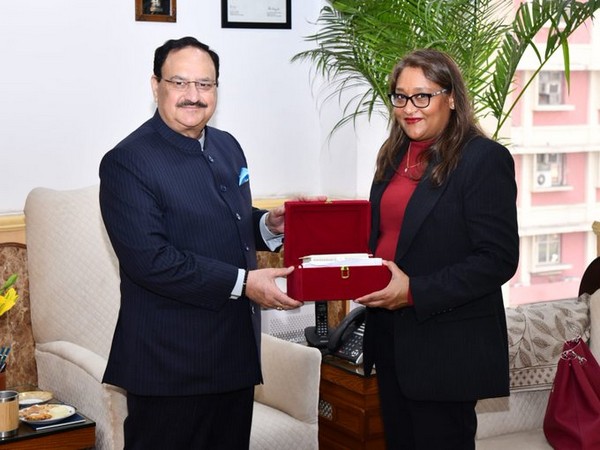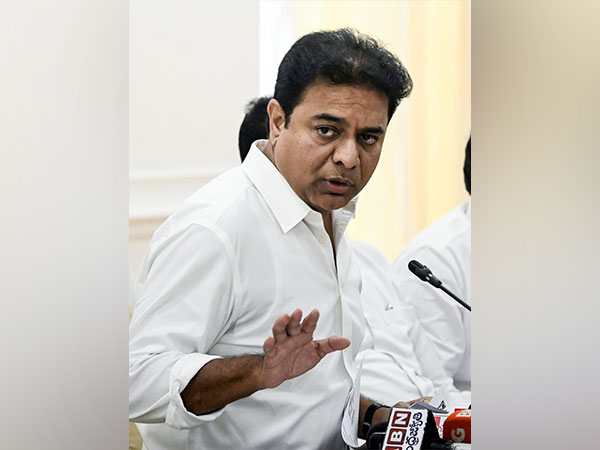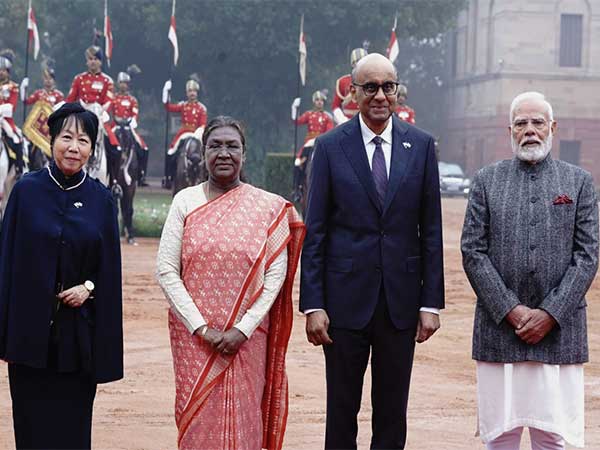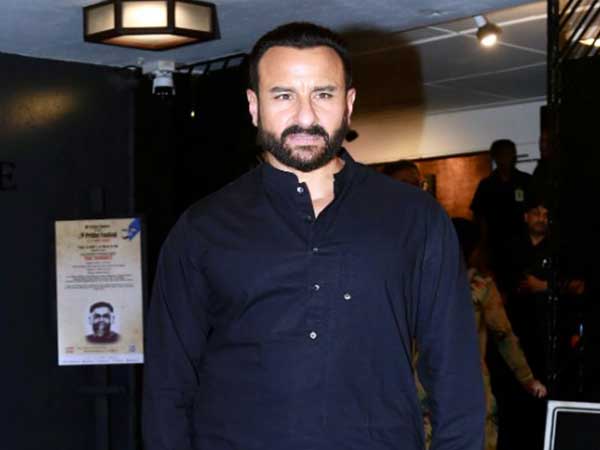New Delhi [India], January 16 (ANI): WHO South-East Asia Regional Director Saima Wazed recently engaged in discussions with JP Nadda, the Minister of Health and Family Welfare, focusing on health priorities in the WHO South-East Asia region.
The talks emphasised the importance of improving health outcomes for women, children, and persons with disabilities (PWD).
Sharing a post on X, Wazed wrote, “Earlier this week with Minister of Health and Family Welfare @JPNadda. Fruitful discussions on health priorities in WHO South-East Asia and focus on health for women, children & #PWD.”
https://x.com/drSaimaWazed/status/1879566668206412135
Meanwhile, a day earlier, Wazed also opened the two-day virtual briefing session for Member countries on the subjects to be discussed at the upcoming 156th Session of the WHO Executive Board meeting and the 41st Program, Budget and Administration Committee beginning in Geneva later this month.
In a post on X, the WHO wrote, “Commending Member States for public health progress and achievements despite challenges in 2024, Regional Director @drSaimaWazed said these victories represent an enormous amount of hard work over long periods of time. They are great victories for countries, programs, for our health workers, partners, and for public health overall.”
Highlighting the achievements, Wazed said, “Together, we made some remarkable achievements — Achievement of SDG and global 2030 targets for the reduction of under-5 mortality, neonatal mortality and stillbirth rates in Bhutan, DPR Korea, Indonesia, Maldives, Sri Lanka and Thailand; achievement of the 2030 interim 90-70-90 targets towards the elimination of cervical cancer as a public health problem in Bhutan: The first in the region, and a model for the world; elimination of Trachoma as a Public Health problem in India; Hepatitis B Control in Maldives and Sri Lanka; and o Elimination of Lymphatic Filariasis as public health problem in Timor-Leste.”
She also highlighted the need to address noncommunicable diseases with urgency.
“Noncommunicable diseases (NCDs), which cost countries trillions of dollars in lost productivity and health-care expenses, disproportionately affect low- and middle-income countries. Unless NCDs are urgently addressed, the SDGs cannot be achieved. In recognition of the enormous challenges they pose to all countries, the Fourth High-level Meeting of the United Nations General Assembly on the Prevention and Control of Noncommunicable Diseases will be convened in 2025,” Wazed said. (ANI)
Disclaimer: This story is auto-generated from a syndicated feed of ANI; only the image & headline may have been reworked by News Services Division of World News Network Inc Ltd and Palghar News and Pune News and World News
HINDI, MARATHI, GUJARATI, TAMIL, TELUGU, BENGALI, KANNADA, ORIYA, PUNJABI, URDU, MALAYALAM
For more details and packages

















